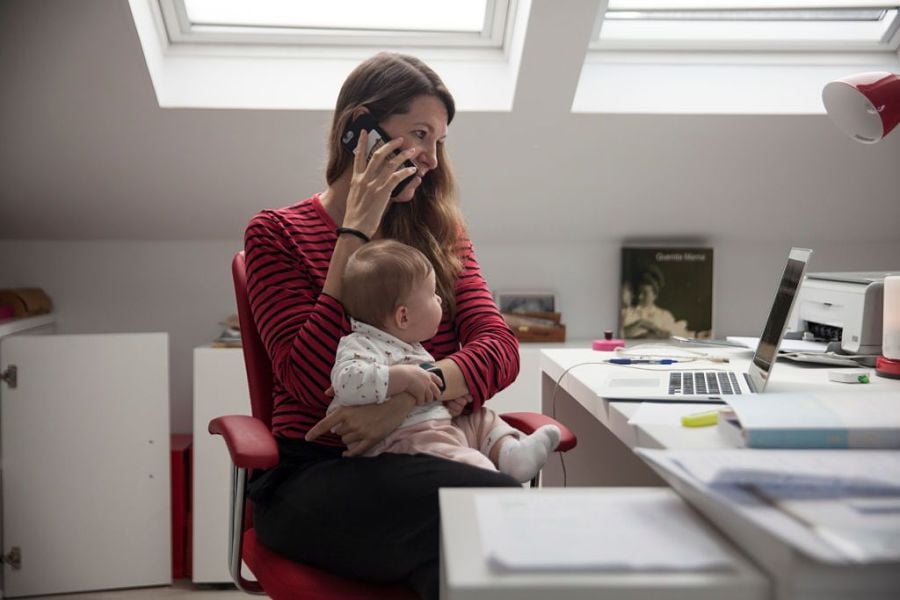

The Covid pandemic has had — and likely will continue to have — a very negative effect on the culture and work environment of registered investment advisory firms. That’s the takeaway from an annual study of RIA talent management by DeVoe & Co., a San Francisco-based consulting firm.
Among the study’s key findings was that nearly 40% of advisers felt their firm’s culture declined due to the pandemic and that employee engagement suffered, with four times as many advisers indicating that the pandemic had a negative impact versus a positive one.
More than half (52%) expect that a greater use of remote work will remain a permanent post-pandemic feature.
“The new and evolving remote-work paradigm shift will create workplace dissonance within RIAs for the next several quarters or even years. More than ever before, talent management challenges will require thoughtful solutions and delicate conversations,” DeVoe said in the report.
On the positive side, the company said that Covid required firm leadership to increase communication with staff, which delivered overall productivity gains during the period. The pandemic also prompted more firms to seek help in developing a succession plan.

Integrated Partners is adding a mother-son tandem to its network in Missouri as Kestra onboards a father-son advisor duo from UBS.

Futures indicate stocks will build on Tuesday's rally.

Cost of living still tops concerns about negative impacts on personal finances

Financial advisors remain vital allies even as DIY investing grows

A trade deal would mean significant cut in tariffs but 'it wont be zero'.
RIAs face rising regulatory pressure in 2025. Forward-looking firms are responding with embedded technology, not more paperwork.
As inheritances are set to reshape client portfolios and next-gen heirs demand digital-first experiences, firms are retooling their wealth tech stacks and succession models in real time.
